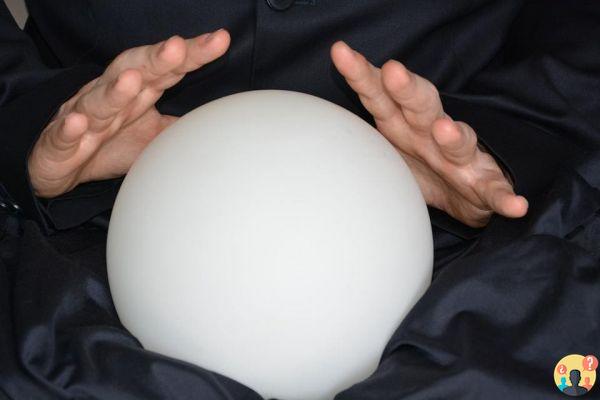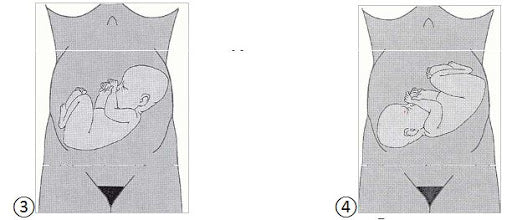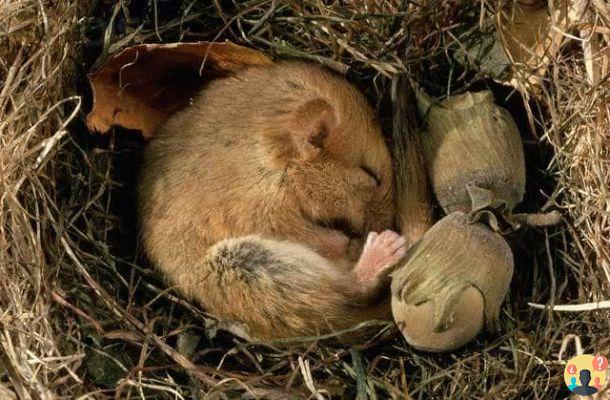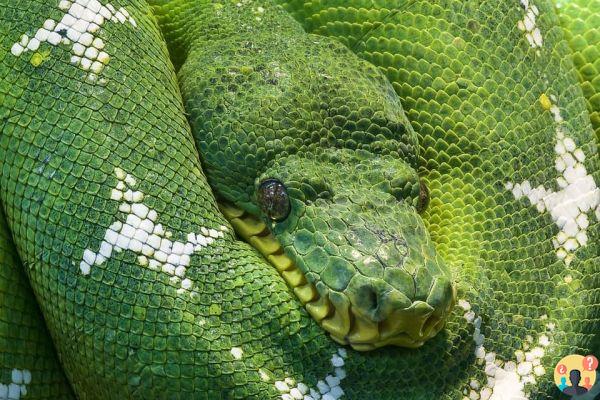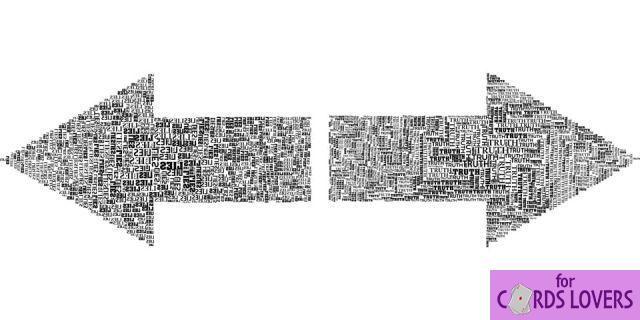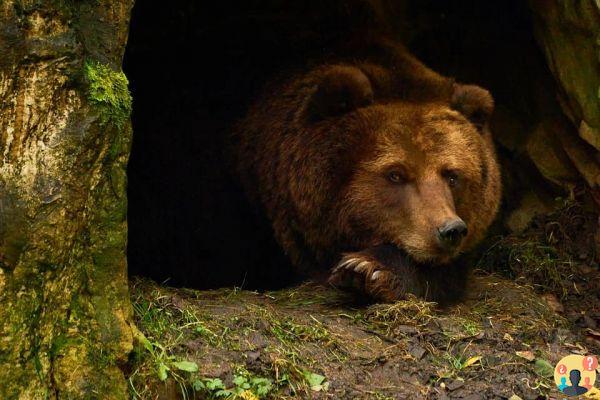
Animals have many ways to survive the cold winter. Some animals will migrate to warmer regions while others will go into hibernation like grizzly bears.
You would think the hibernating bear is totally out of character. One would also think that his muscles and bones will weaken after months of hibernation. But that's not really the case.
Bears can recycle calcium in their bones during hibernation. This way the bones won't get too weak and when the bear wakes up it will be 100% fit and ready for the next season.
Scientists have been able to track the heart activity of black bears throughout the year. Including the month they go into hibernation.
And what they found was amazing!
Bear hibernation: Heart rate drops dramatically
When bears go into deep hibernation, they can slow their breathing to just two breaths per minute. Sometimes up to 14 seconds (!) elapse between animal heartbeats.
Studies have also shown that even though bears go into hibernation, they remain fully aware of their surroundings. As soon as scientists approach the bear (in a state of hibernation), the animal's heart rate increases even though it does not make any sound.
It shows that the bears are really on their toes and ready to act if they have to.
Body temperature also drops
The bear wood parking temperature is between 4 and 5°. This helps the bear survive and feel good during the hibernation period.
It is a very special feature that you do not find and many other animals. Being able to reduce heart rate and body temperature in this way is very impressive and unique.
Do bears wake up to give birth during hibernation?
Yes. The gestation period (duration of pregnancy) is up to 250 days for black bears and the mother bear shows remarkable behavior.
Usually the mother will give birth to the cubs at the end of January.
Because the cubs are very small, they cannot move on their own even if the mother is still in hibernation. They are only the size of a squirrel when they hatch and are completely blind and helpless. They will drink breast milk which contains more than 30% fat.
The mother will go into deeper hibernation early in pregnancy, and as the time of birth approaches, the bear's heart rate will gradually increase.
She will then wake up to give birth, and once she is done, her heart rate may continue at the same low level as during hibernation.
The cubs are well protected inside the den as they are safe from danger and surrounding animals.
They have preparations to make!
Animals have to do a lot of preparation before they can hibernate for months. They will need to find the perfect spot before they can start preparing the space.
As soon as they find a cave or den to lie down in, they will need to eat lots of extra food.
They do it to increase their body mass. This is an important step for the bear to live on its own body fat during the long period of hibernation.
How can hibernating bears survive without food and water?
When bears go into hibernation, they mostly live off their own body fat.
A hibernating bear will have a lot of fat stored on its body. He will burn off some of this body fat and typically lose about 20% of his body weight during the time he is staying.
As mentioned earlier, bears will eat a lot of extra food in the months leading up to hibernation. They do this to increase their body mass as much as possible because while hibernating they will lose a lot of fat. So in order to stay healthy and not lose too much weight, they need to eat a lot.
As soon as the bears wake up, they will also be very hungry and immediately start looking for food.
This will sometimes cause problems if they encounter humans or other animals as they tend to be more aggressive during this time. They can become very desperate if they don't find food quickly.
Therefore, you should never approach a bear around April or September as they are not as relaxed as they are during the hotter summer months. For the same reason, these are also the times when people tend to get into trouble with bears.
How long does a bear spend in hibernation?
The bear usually hibernates for 5-6 months. But that doesn't mean he's been totally on hiatus this semester.
Bears normally wake up several times and may even come out of the cave or den once in a while. Usually this will happen if they sense danger approaching. The bear is fully alert during hibernation, so it will wake up if it senses danger.
In the event of continuous noise or disturbance, a bear may wake up early and not return to hibernation.
When do black bears start to hibernate?
Black bears will usually begin their hibernation period in late September/October or even early November.
They will stay in the dens for almost six months and normally wake up in April.
This will vary from bear to bear and from year to year. But normally the bear will wake up when the weather starts to get warmer again.
Do bears defecate when they hibernate?
No They will not eat, drink or defecate.
Eventually, they may wake up several times if there is noise if they sense danger. While awake he may need to poop, but he usually stays in bed and won't even have a bowel movement for the full 6 years.
Very remarkable.
You'd think a bear should go to the bathroom during hibernation, but that's not the case.
So how do they do it? Studies have shown that hibernating bears form a sort of "poo plug" to keep poop inside their bodies. It consists of dried excrement and helps the bear to retain everything.




